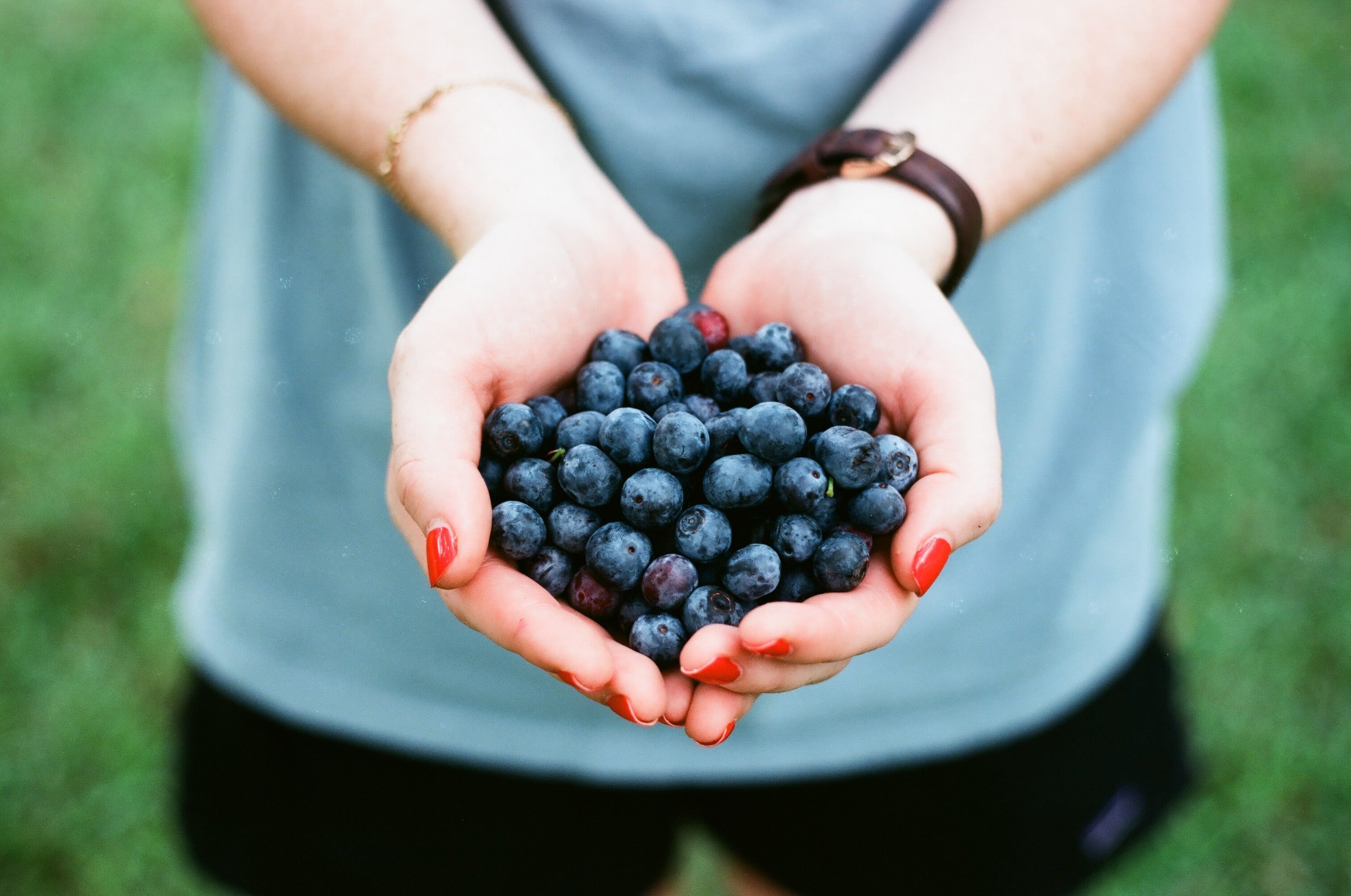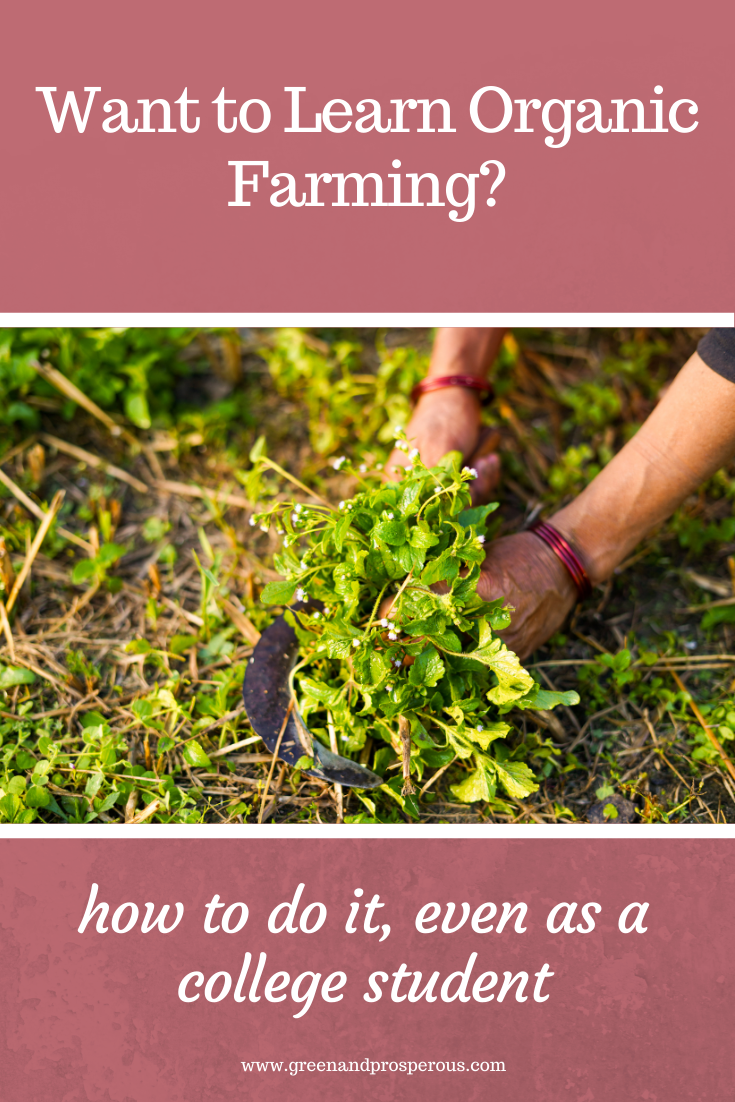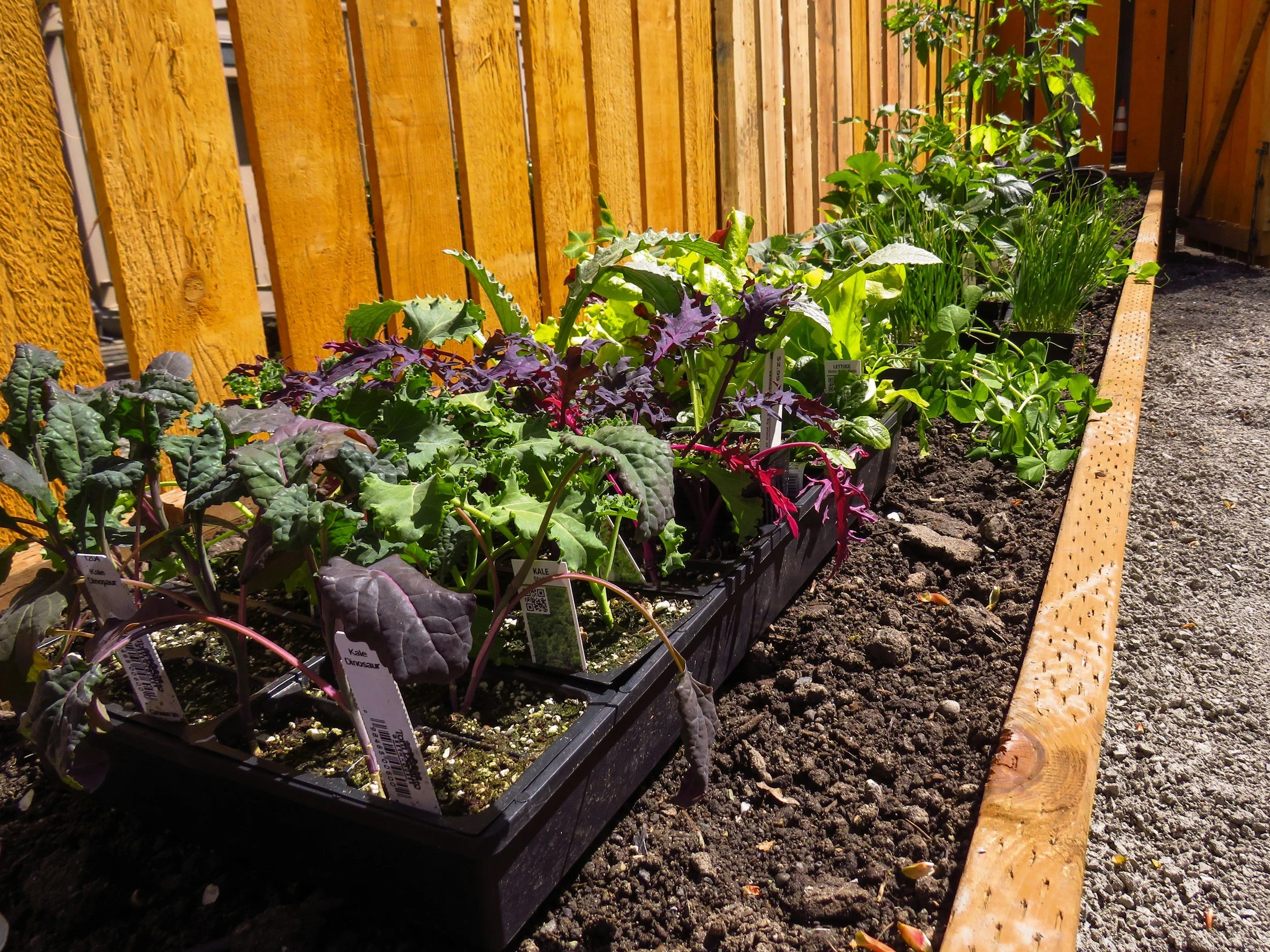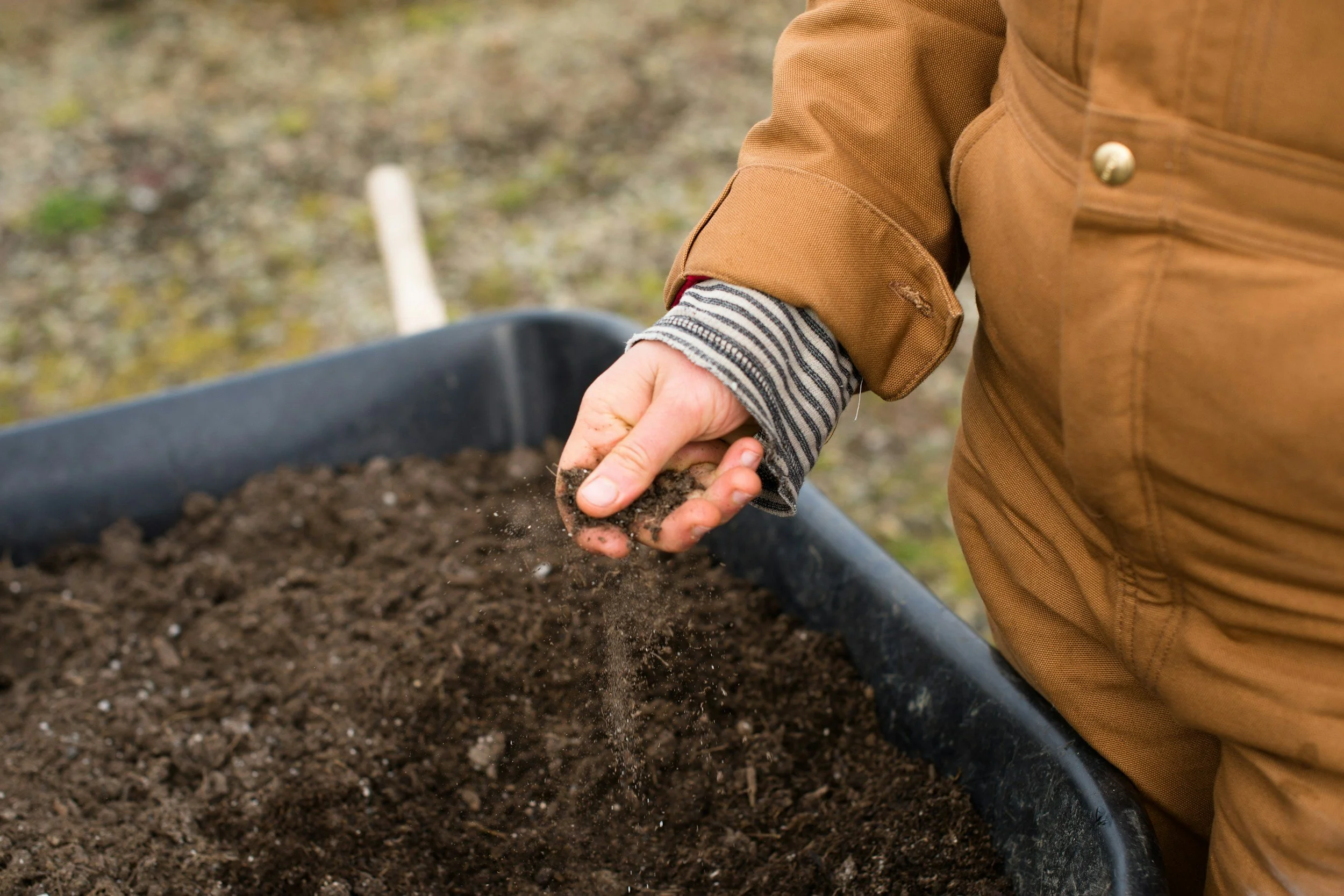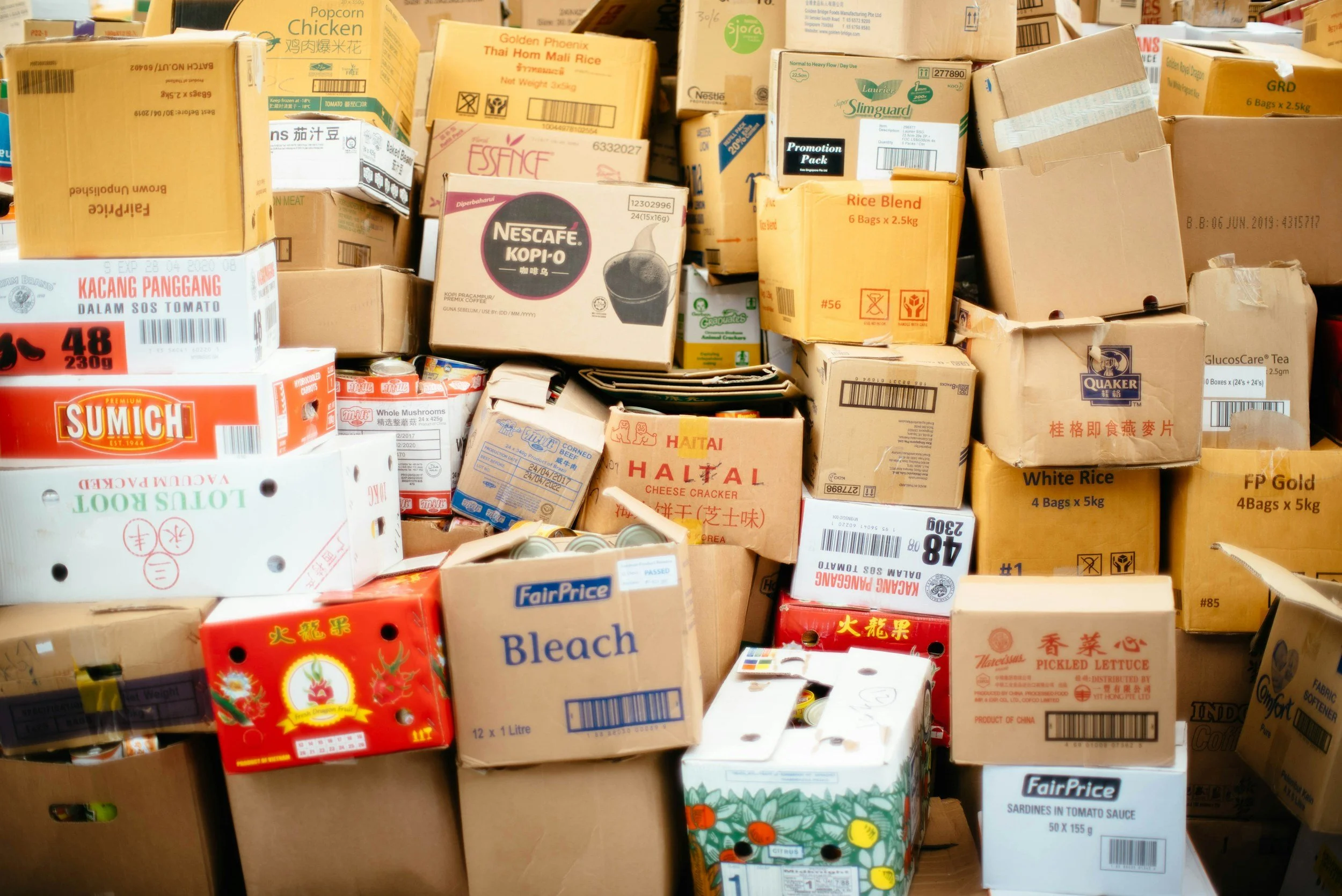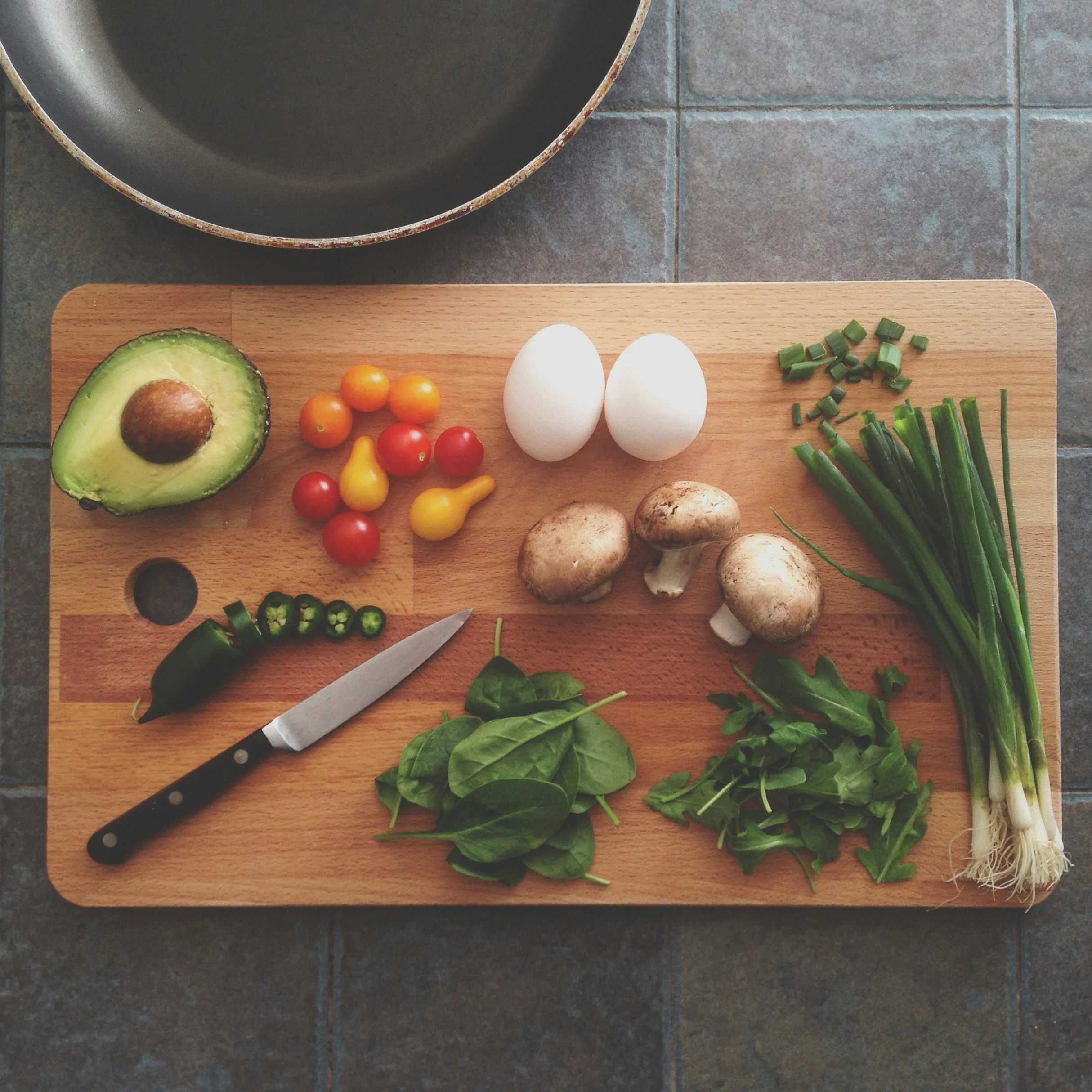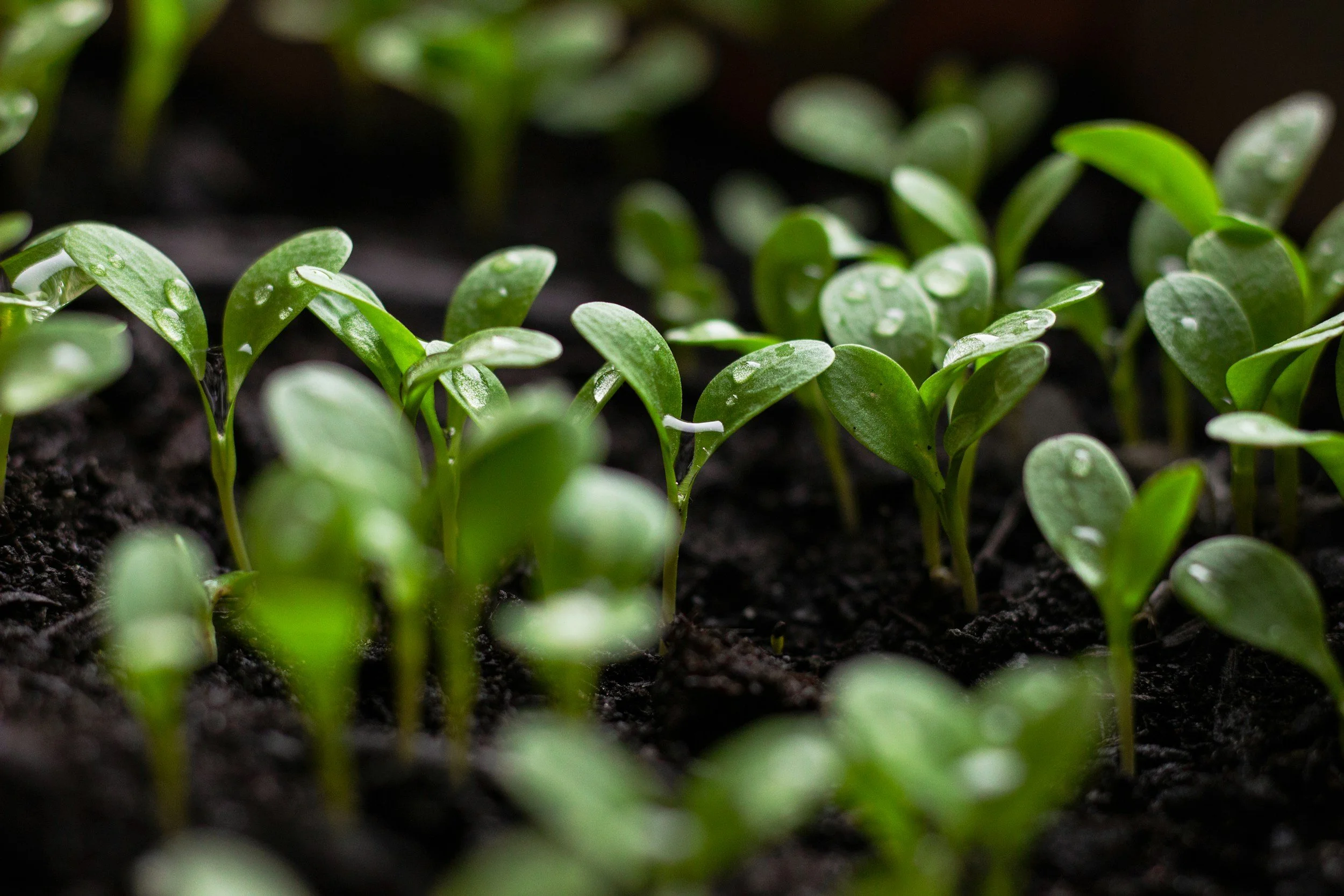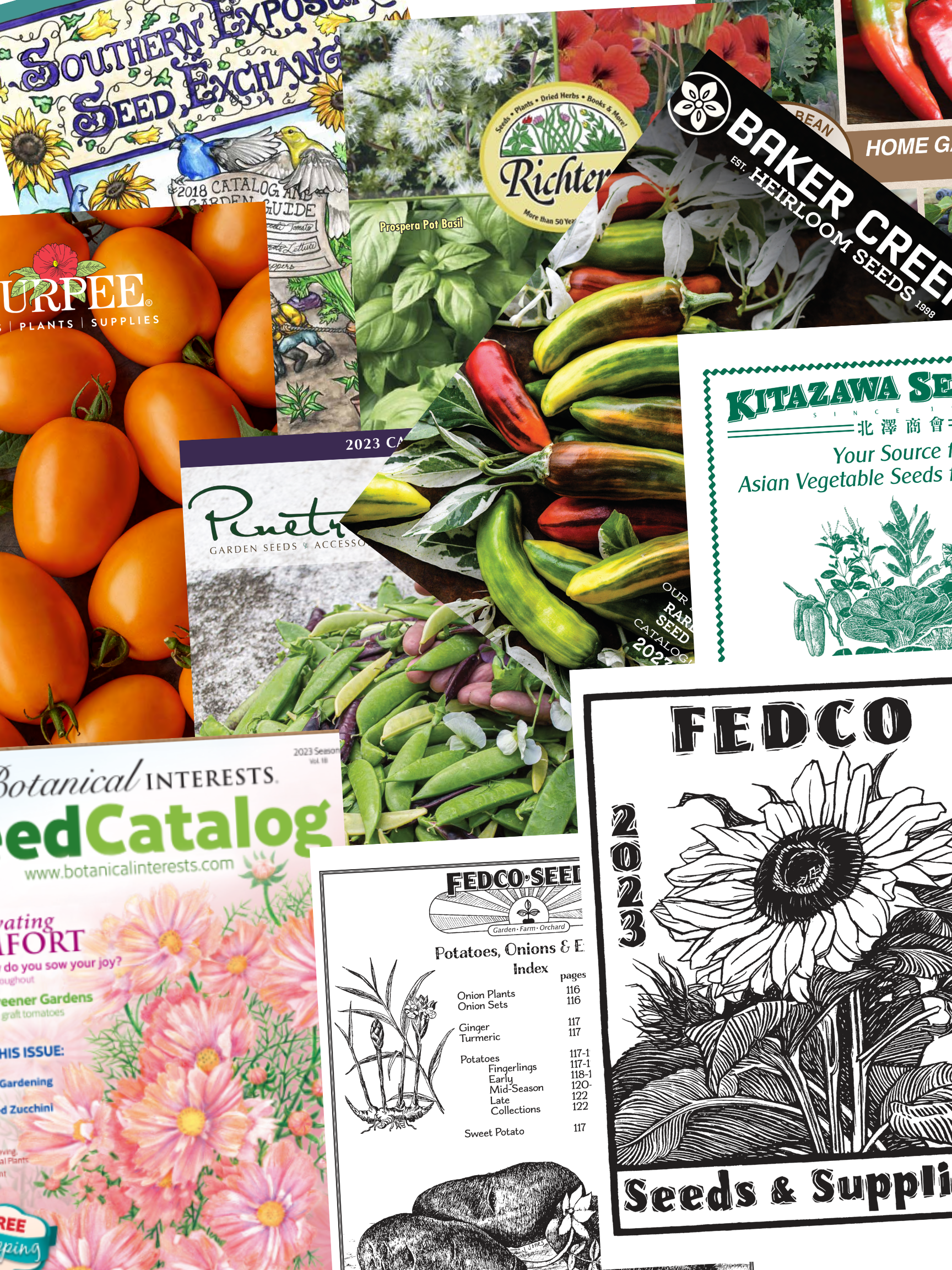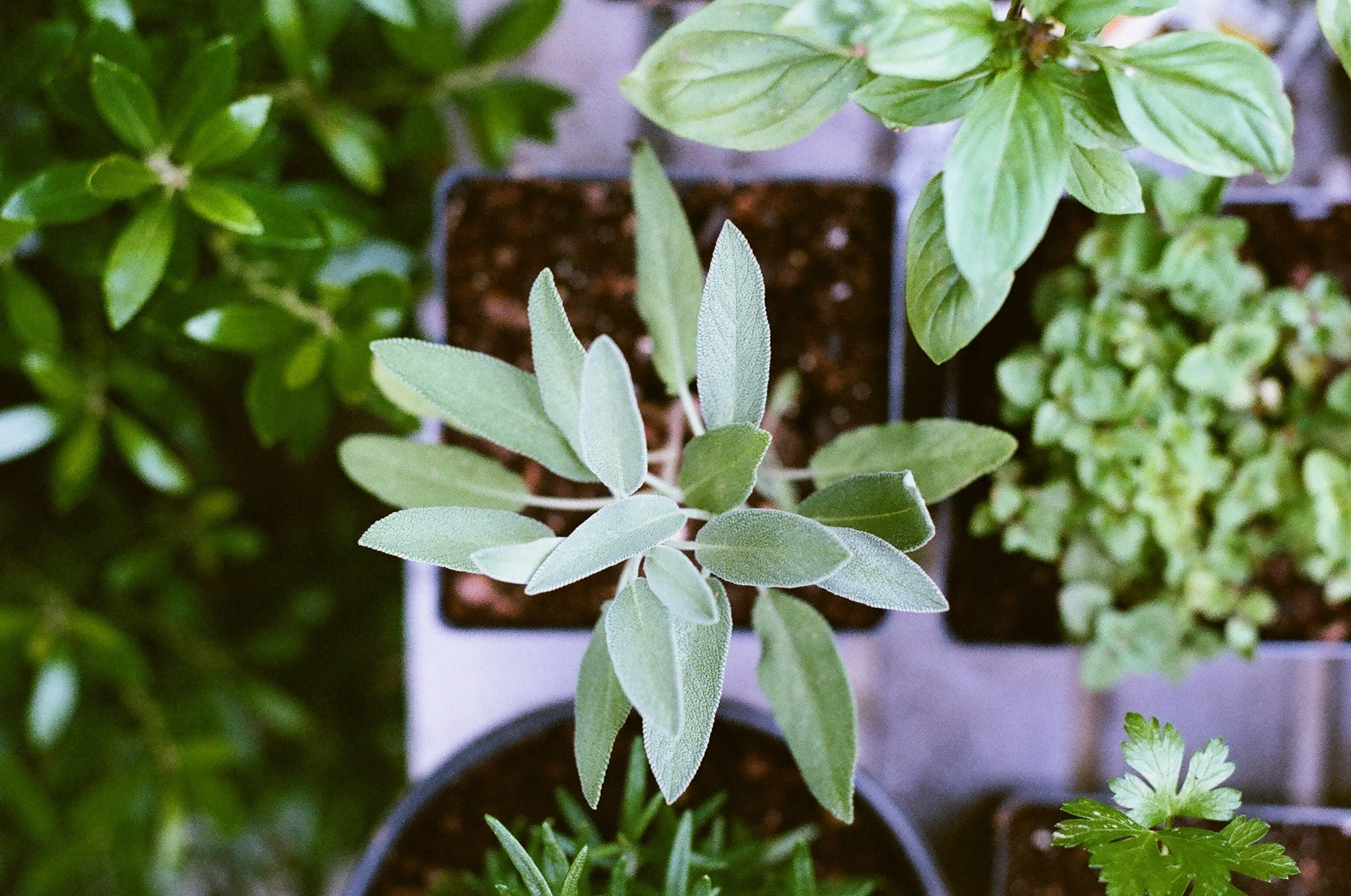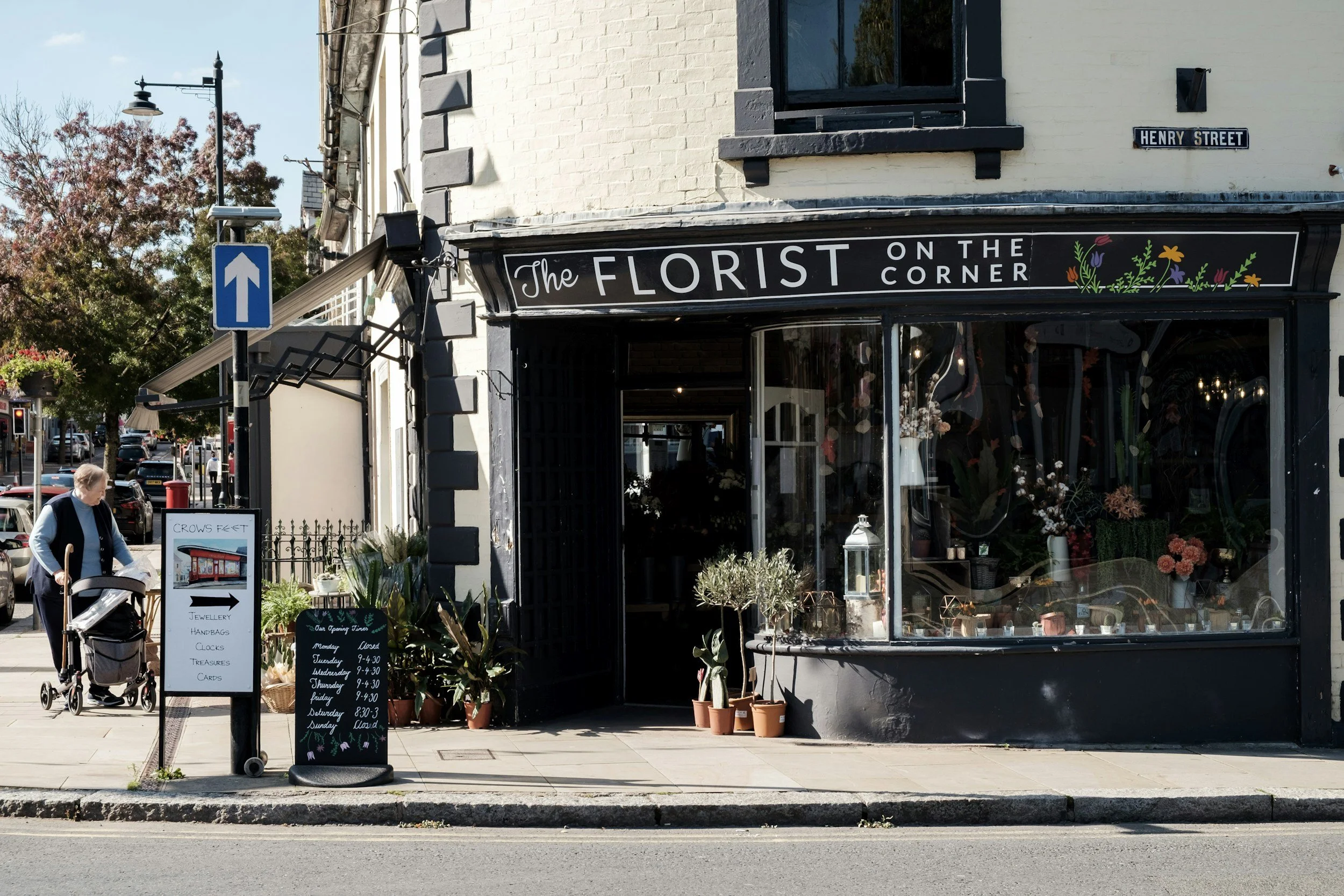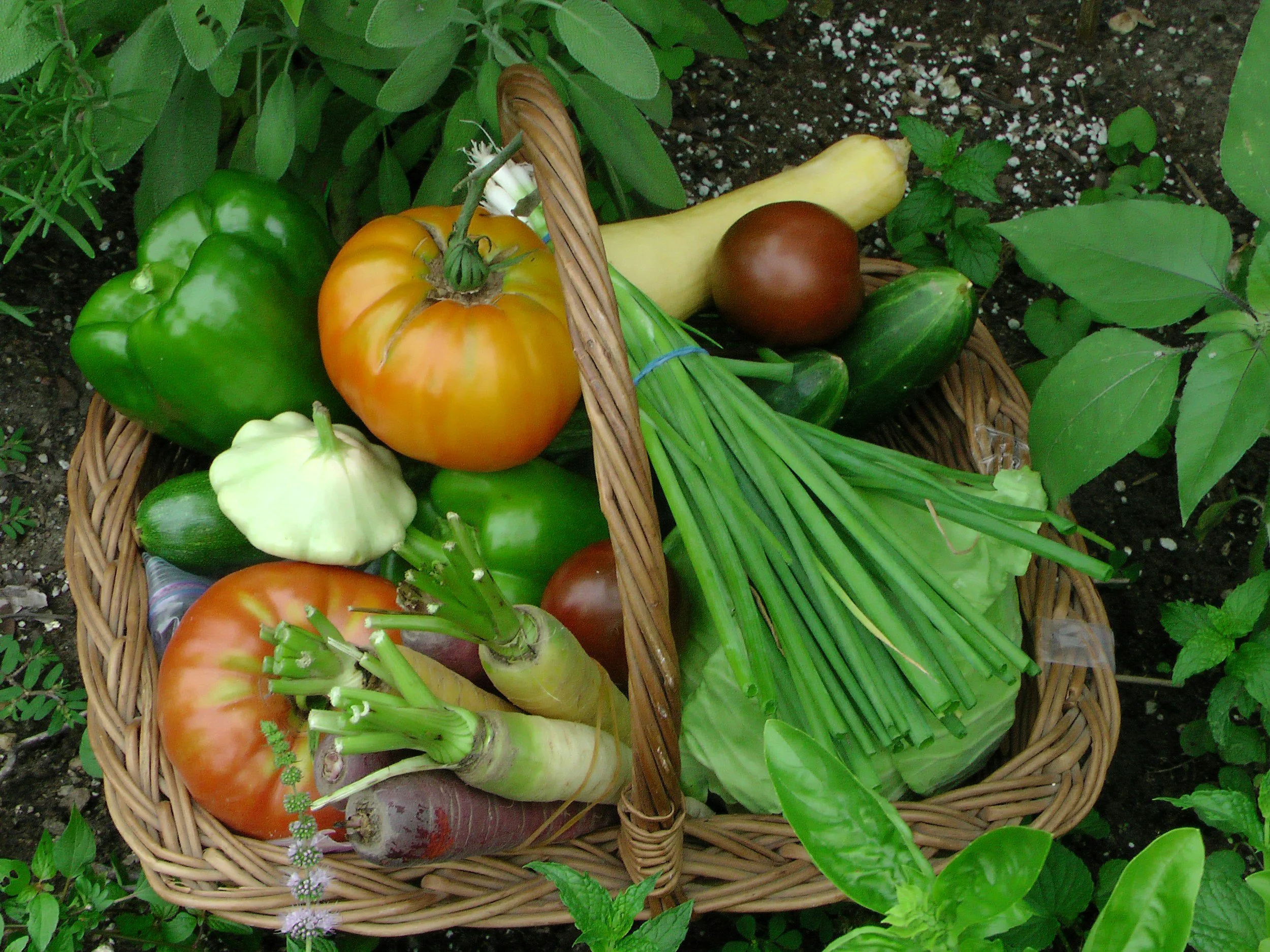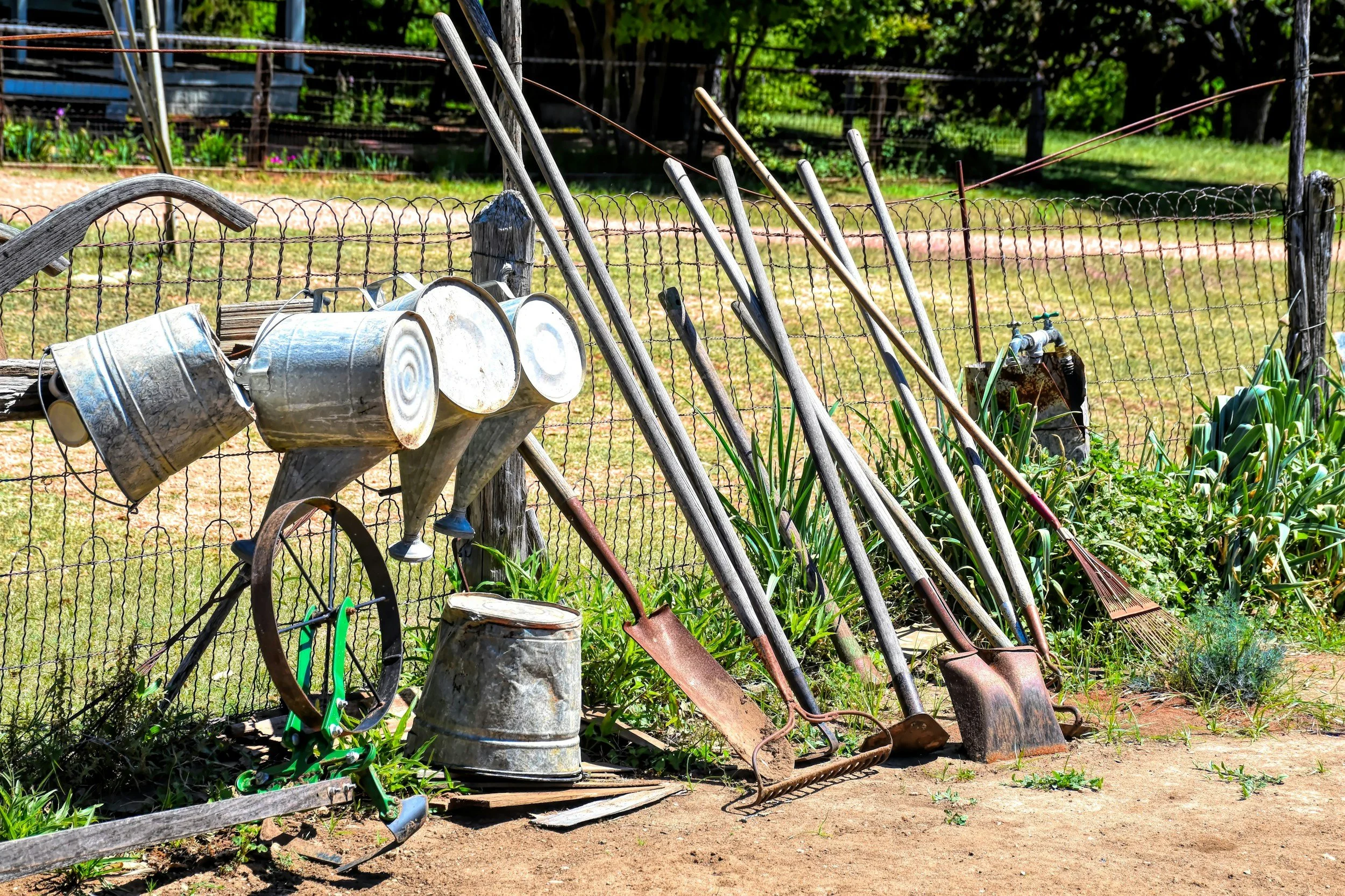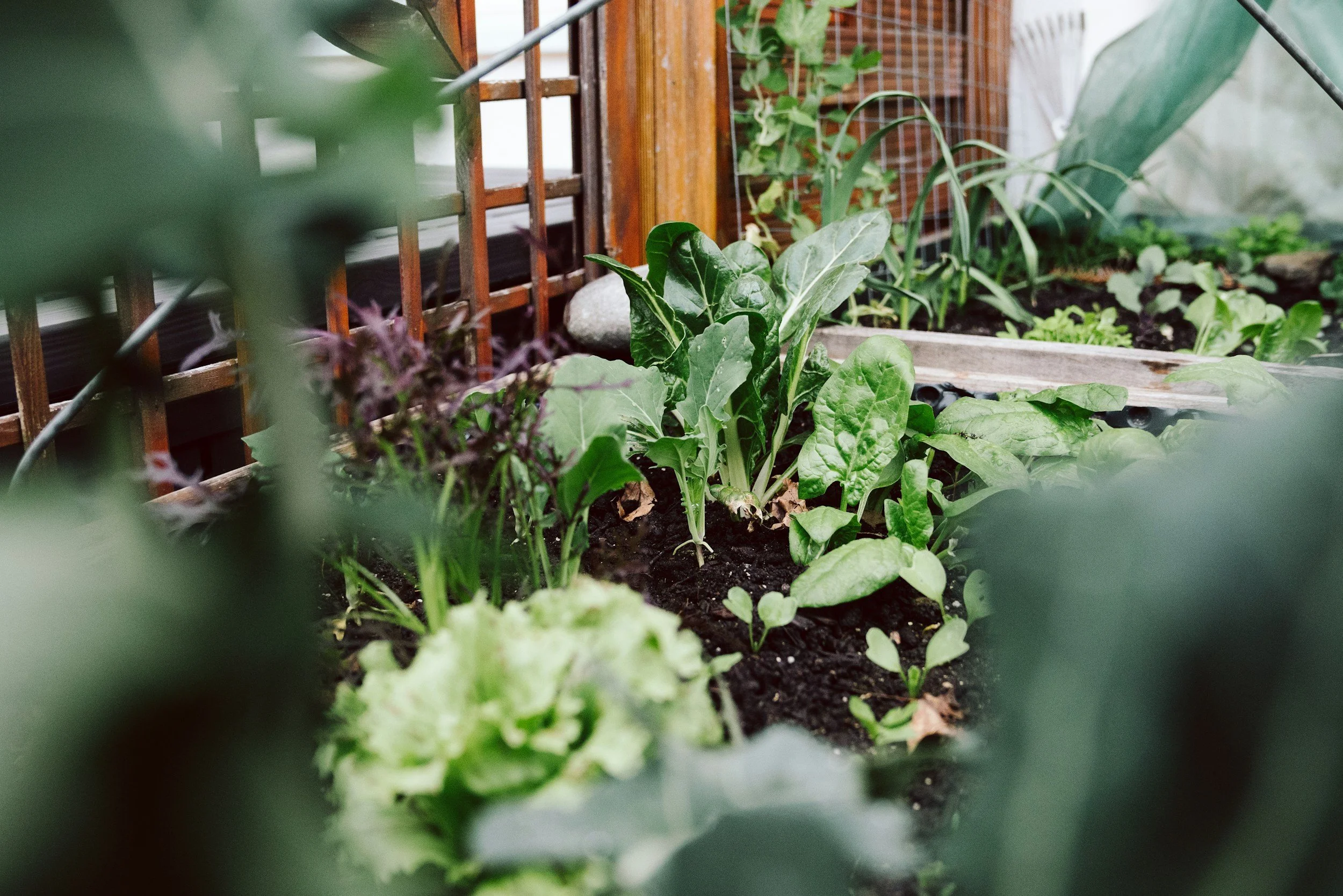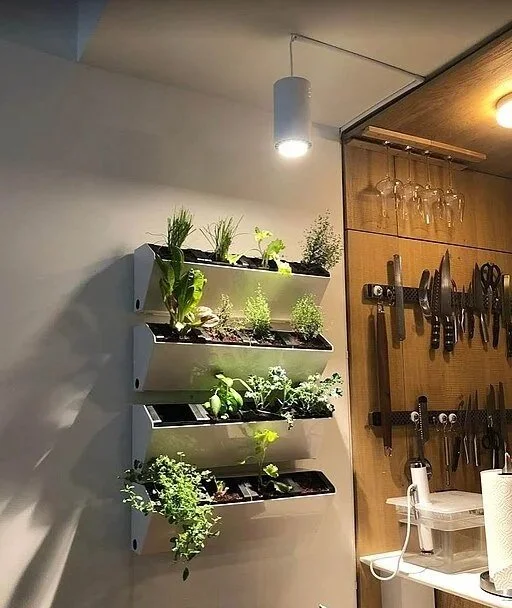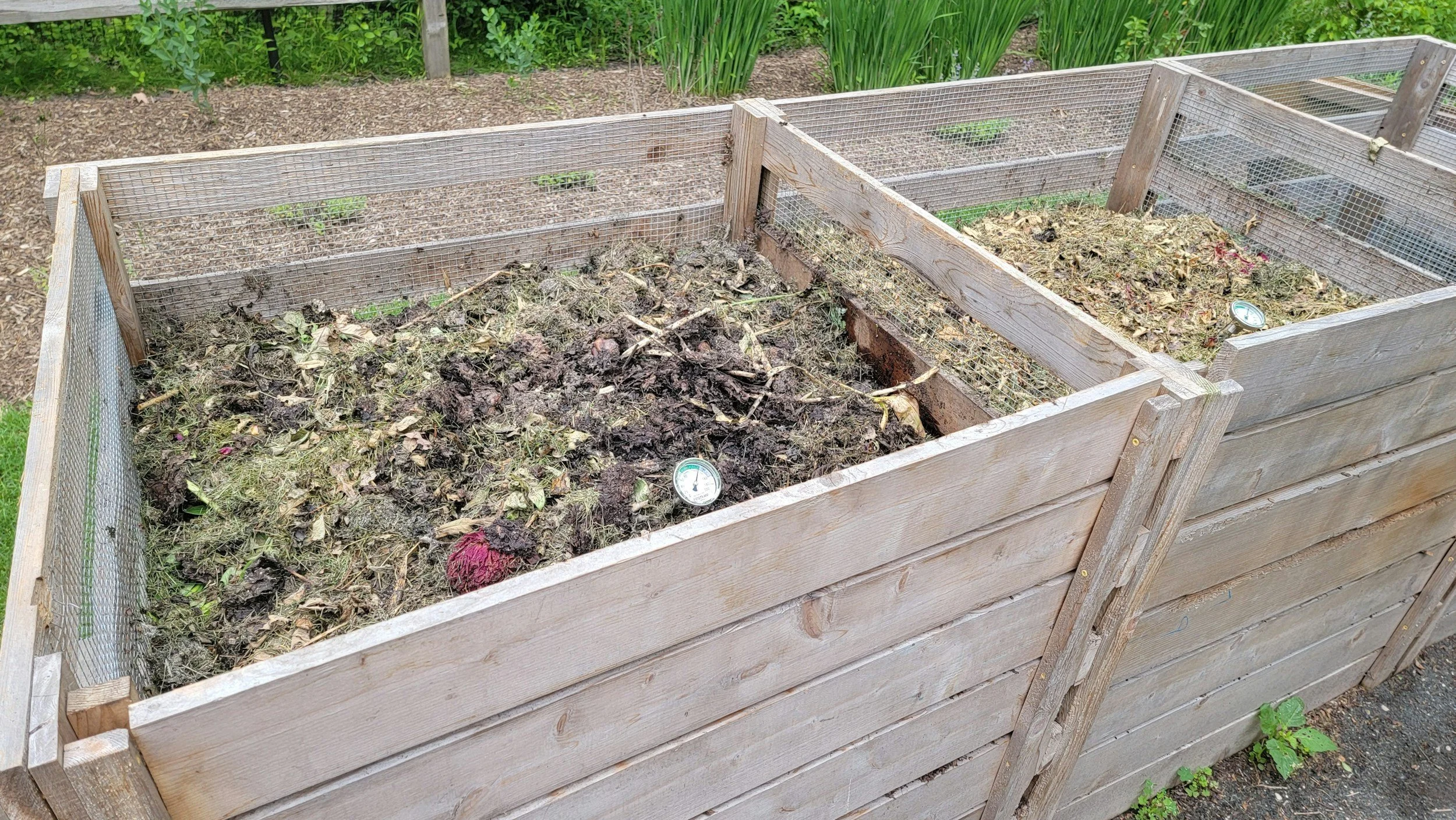How to Learn Organic Farming as a College Student
/(This post is Part I of a 3-part series on Organic farming and food)
Sick of the food from the cafeteria, the over-Doordashing, and constant worry that your food is filled with harmful chemicals? I am too, but you can learn organic farming and eventually start relying on yourself for food!
There are multiple ways to learn how to farm organically, but it can be an overwhelming start. First you can take a look at what you're eating and where it's coming from. Identifying the source of your food can be eye opening. The produce you're eating right now could be up to a month old and sprayed with multiple kinds of chemicals that aren't pronounceable.
Learn organic farming from the pros
Learning how to farm organically is tricky, especially in college. One way to start is by looking for opportunities to help out on organic farms. A great way to do this is joining the World Wide Opportunities on Organic Farms also known as WWOOF.
WWOOF is an exchange of education and it is a space to learn from and participate in the community of organic farming! For over two decades WWOOF has been dedicated to connecting organic farmers and students. WWOOF is connected to over 132 countries across the world.
WWOOF is a program that is suitable for virtually anyone who wants to travel and stay at farms for free (minus the manual labor on the farm), learn about organic farming, and connect with organic farmers. Aside from the learning experience, by joining WWOOF you can make a difference not only on the farm but also on a much larger scale. You learn so much about sustainable living form participating in the WWOOF program and therefore, you can take a more active role in healing the Earth and improving your own health.
WWOOF promotes clean living and even if you don’t end up actually going to stay on a farm, you can still make a connection with local growers and and learn about how they farm organically.
A Farm of Your Own
On the other hand, if you have ever dreamed of having your own farm, the WWOOF program could be the perfect program for you. It gives you a way to make connections, travel, and have an educational experience to jump start your future career. It requires planning and communication with farmers, but can be totally worth the effort.
One other thing you can learn from participating in this program is how to start small and have your own little garden, even in your dorm room.
There are a lot of plant shops around my area and I can imagine it is the same in your college town. There are some nicer options if you have the means but there are also some cheaper places that sell already sprouting vegetables, seed, and fertilizer. After participating in the WWOOF program you’ll be well-prepared to begin growing your own food, even in the smallest of spaces. Growing your own food is so powerful! It not only supports your local nursery or farmer (many farms also sell seedlings), but it gives you the opportunity to eat food that you grew yourself, which in most cases will be tastier and even more nutritious than the grocery store equivalent!
It can be challenging to start a little garden in your room, but here’s where participating in the WWOOF program can give you an advantage. Besides learning how to grow your own food, you’ll learn why doing so can help reduce your overall carbon footprint and improve your local environment. Having a plant in your dorm is not as hard as it seems. It encourages taking care of yourself, it's good for the air and it brightens up your room! You can also find lots of free tips and tools on our website to help you discover how to take care of your garden and plants!
It may seem like a lot of work to take care of plants, but it's really not when you learn the basics. Most of your time spent having a plant is being patient, monitoring your plant for any dead leaves or bugs, and of course making sure it has adequate water and light.
There is also probably a community garden on your campus that your university uses to grow different types of produce. If you don’t have the option of taking care of your own plants or applying to the WWOOF program, you can participate in your campus’s community garden.
Eating and Growing with Mindfulness
Learning how to live sustainably and rely on yourself for food and nutrients can allow you the space and energy to cook at home and can encourage you to think about what you are eating. Eating food that you grew is empowering and can lead to eating more locally produced foods. You’ll also be likely to encourage others to do the same.
There are so many great meals that you can make at home for only a few dollars; spicing it up with your homegrown vegetables and fruits makes that food even more healthful and meaningful.
Creating a small garden is a giant step and can really improve your life even while you’re still a college student. Creating a small farm can not only improve your life, but can contribute valuable resources to your entire community. Starting a small farm in college with the help of WWOOF and your local farmers can also help reduce everyone's carbon footprint, as organic farming generally prioritizes sustainable practices and healing the earth, whose resources are being depleted by pollution, pesticides, and practices like monocropping (growing the same crop on the same plot year after year).
Being able to get involved in a public garden or a campus garden is a great opportunity that can ultimately change your life for the better. It creates connections in your local community and beyond, allows you to get your hands dirty, and deepens your appreciation for where your food comes from. Moreover, a community garden allows for a space for not only vegetables to be grown but a space for nature to flourish. By farming organically – and with the knowledge you gain from participating in the WOOF program, you’ll be working to create a healthy ecosystem of interdependence between animals, insects, beneficial bacteria and microorganisms.
A Time to Begin
There are so many places all around the world that are just waiting for you to get involved in growing your own food! Your room, your school, and WWOOF are great places to get started. There are so many ways to participate in healing our Earth and helping nature to flourish in your neighborhood. Buy those plants, sign up to volunteer in the garden and apply to WWOOF!
There are many good people in this world who want to help the planet but don’t know where to start. And there are so many resources out there just waiting for you, beginning with this website. Go out there and get started – what are you waiting for?
By Olivia McSweeny (Green and Prosperous)
Like this? Please pin!





